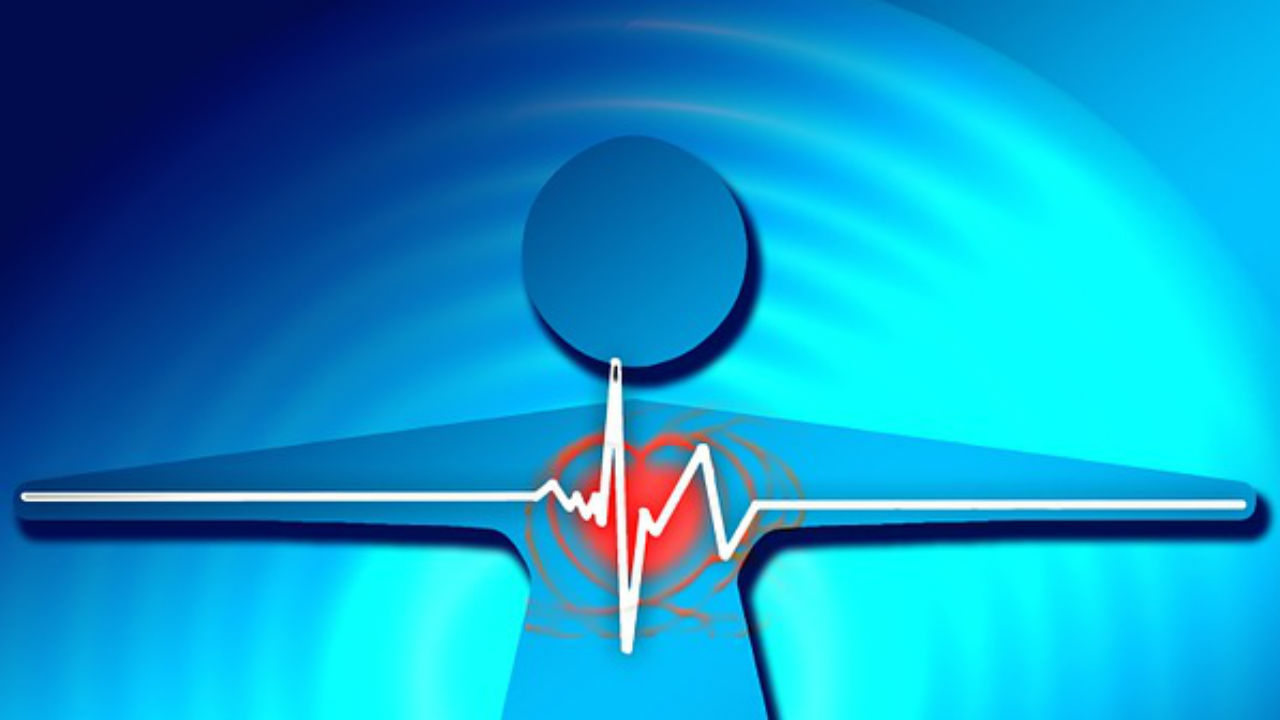We've long suspected that gender bias played a part in women not being diagnosed as quickly for heart disease as men, and a new study just presented at the Transcatheter Cardiovascular Therapeutics symposium appears to confirm that.
In the study, internists and family physicians were given a vignette to read and then diagnose and specify treatment. Vignettes were of a 47-year-old male and a 56-year-old female, with equal risk for heart disease and having a multitude of heart disease symptoms and risk factors. Half the vignettes included mentions of a recent life stressor and the appearance of anxiety.
When presented in the context of stress, there was a definite gender bias, with 15% of women receiving heart disease diagnosis compared to 56% of men, 30% of women receiving cardiologist referrals compared to 62% of men, and 13% of women receiving prescriptions for cardiac medication versus 47% of men. When stress wasn't mentioned, there was no evidence of bias.
The presence of stress shifted the interpretation of women's chest pain, shortness of breath and irregular heart rate to have a psychogenic origin [all in our heads], whereas men's symptoms were seen as organic [real] whether or not stressors were present.
Study authors said, "For women, the presence of stress or anxiety drives the interpretation of accompanying symptoms so that symptoms such as chest pain or shortness of breath undergo a 'meaning shift' when presented in the context of stress or anxiety and they are perceived as a manifestation of the stress or anxiety and not as CHD [heart disease] symptoms. For men, cardiac symptoms drive the interpretation of accompanying symptoms so that anxiety or stress is perceived (rightly so) as a risk factor for CHD and may in fact augment the CHD assessment. The presence of anxiety or stress in men does not deter from the CHD assessment; for women, it appears to preclude a CHD assessment."
When women showed atypical heart disease symptoms—the ones more common for women than men—women were more likely than men to receive a GI diagnosis rather than a heart disease diagnosis, whether or not stress was mentioned.
Significantly, the researchers tested their studies in advance with medical students and found nearly identical results.
Read the study: Study reveals that signs of heart disease are attributed to stress more frequently in women than men
Here are my thoughts…
Obviously, research findings over the past 5 years or so regarding women's heart disease have not infiltrated medical schools, so the newest generation of doctors is no more informed about women's heart disease than those who were trained long before these findings.
If we women mention stress or anxiety in conversation with doctors, heart disease is likely to be missed and written off as anxiety. No wonder women are dismissed from emergency rooms with medications for anxiety or GI symptoms and go home to die of heart attacks. We lose more women than men to heart disease, and have for nearly 25 years, and this is part of the reason.
What does this have to do with atrial fibrillation? Stress is a huge component of afib for many, if not most, of us, but stress may be obscuring atrial fibrillation to doctors. This is especially likely for those with intermittent (paroxysmal) afib. Many women receive anti-anxiety medications when they may actually have something else causing the anxiety, and afib may be one of those things.
It's well-known that afib is more common in men, or is it? Is afib just being missed more in women? Just like heart disease.
We must be ever more vigilant in communicating with our doctors so that we get the treatment we need.
If you'd like to comment, please do so at the Atrial Fibrillation Blog.
BIO:
Mellanie True Hills is a heart disease survivor, heart health expert, internationally-known author, and non-profit CEO.
Newsweek said, "a near-death experience prompted Mellanie to make a career of telling others what they need to know about heart disease." Following a brush with death in emergency heart surgery, and a near-stroke from a frightening irregular heartbeat later that same year, Mellanie True Hills pledged to use her second chance to help others avoid the #1 and #3 killers, heart disease and stroke.
As CEO of the American Foundation for Women's Health, her mission is to raise awareness of heart disease and stroke with her inspirational and motivational keynotes for American Heart Association Go Red for Women events, hospital women's health events, and corporate and association events. She provides a message of hope and encouragement, sharing how to take control, decrease stress, and protect against heart disease. Audiences consistently say, "You saved my life."
After being cured of her life-threatening irregular heartbeat, atrial fibrillation, she launched www.StopAfib.org
Author of the award-winning book, A Woman's Guide to Saving Her Own Life: The HEART Program for Health and Longevity, she has been featured by hundreds of media around the globe, including CNBC Asia, Reuters , Newsweek, Better Homes and Gardens, Heart-Healthy Living, FoxBusinesss.com, MSNBC.com, PBS, ABC, NBC, and CBS.
Visit Mellanie True Hills on her website:
http://mellaniehills.com
View Mellanie's Videos:
https://www.empowher.com/heart
To share your heart story with EmpowHer, go to www.EmpowHer.com/share






Add a CommentComments
There are no comments yet. Be the first one and get the conversation started!